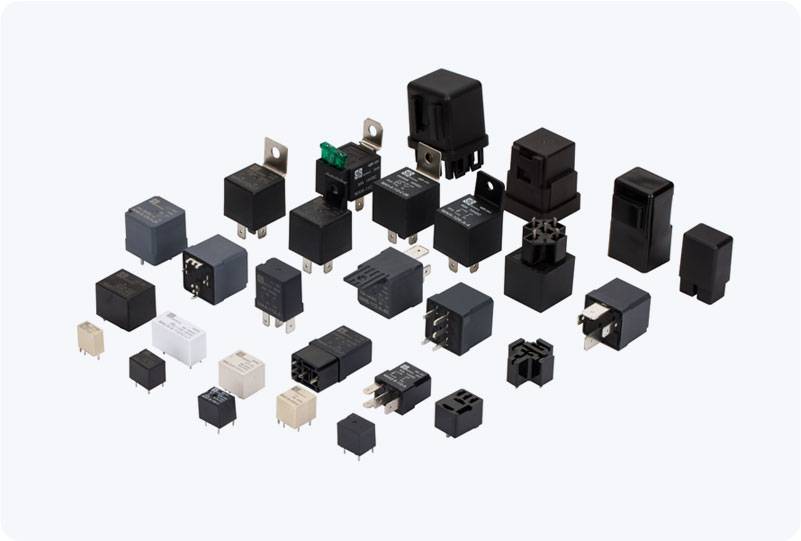understanding automotive relay coil specifications: key factors for optimal performance
Release time:2025-11-15 23:55:13
Automotive relays play a crucial role in the electrical systems of vehicles, acting as electrically controlled switches that manage high-current loads for various components like lights, motors, and other critical devices. One of the most important aspects of an Automotive relay is its coil specifications, as they dictate how well the relay will perform under various conditions. This article will provide an in-depth understanding of Automotive relay coil specifications and why they are vital for ensuring the reliability and longevity of a vehicle's electrical system.

The Importance of Coil Specifications In a relay, the coil is the component that, when energized, creates a magnetic field that triggers the switch to either open or close its contacts. The coil's characteristics, such as voltage, current, resistance, and power, directly affect how the relay functions within the electrical system of the vehicle. Understanding these specifications is essential for selecting the right relay for a particular application, whether it's controlling a car's headlights, air conditioning, or ignition system. 1. Coil Voltage: The Driving Force The coil voltage is the electrical potential required to energize the relay coil. Most automotive relays are designed to operate at either 12V or 24V, which corresponds to the standard electrical systems in most vehicles. A 12V system is common in passenger vehicles, while 24V is typically used for trucks and larger vehicles.

